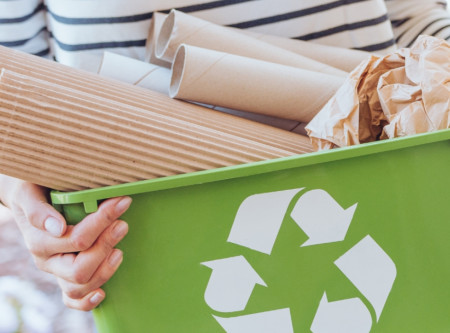How Does E-Waste Impact the Environment? Experts Explain

MELBOURNE, Australia, November 4, 2022 (Newswire.com) - According to Waste Sense, the leading provider of waste management services Melbourne-wide, the volume of e-waste being produced each year is growing at a rate of 8%-11%, making it one of the largest-growing waste streams in the world.
Waste Sense explains that most electronic devices and appliances comprise materials such as mercury, nickel and zinc, which, when exposed to the elements, release toxins into the air, soil and local waterways. As a result, when e-waste is not properly recycled, it poses a serious threat to the health of local communities and wildlife.
While state governments have moved to ban e-waste from landfill in a bid to protect the environment, it continues to pose a threat. With the continuing growth in the production, consumption and disposal of electronic devices, the environment and climate continue to be negatively impacted, says Waste Sense.
International E-Waste Day was marked in October with the slogan "Recycle it all, no matter how small." This year, small devices with high recycling value that are often hoarded for years before they become waste were specifically targeted. Mobile phones contain valuable components such as gold, copper, silver and palladium, however they are one of the most hoarded or improperly disposed of items in the world.
Waste Sense explains that because many people are unsure of how to properly dispose of e-waste or feel there is no incentive to recycle it, they either hoard it or send it to landfill. These devices offer many important resources that can be used in the production of new electronic devices or other equipment. Preventing waste and recovering important raw materials from e-waste is crucial to establishing a circular economy and becoming a low-carbon society, says Waste Sense.
Committed to diverting as much electronic waste from landfill as possible, Waste Sense organises for e-waste to be collected and recycled or disposed of responsibly from businesses across the country. To learn more about protecting the environment, contact Waste Sense, the leaders in waste management Melbourne-wide.
Source: Waste Sense
